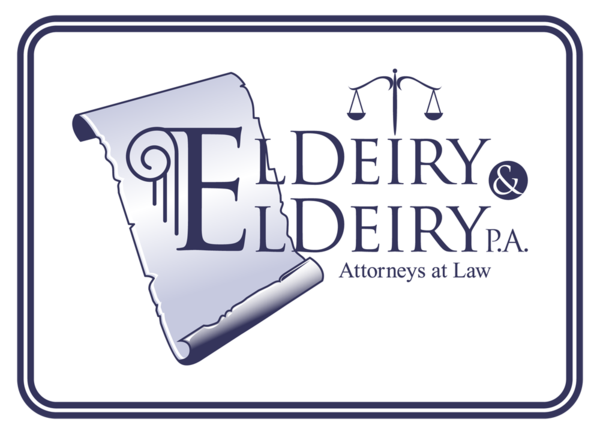Back in March, we published a blog about the limitations of a will. In it, we discussed how a will could be an excellent estate planning tool, but anyone who created one and decided it was the only document they were missing out on critical components of a complete plan. We also released a blog detailing what a comprehensive plan looked like. For example, a will allows you to state who will receive your assets when Read More
The Fundamentals Of Estate Administration
When someone passes away without an estate plan, their assets are still in their name and are titled appropriately. Even more importantly, the court will determine who can become their guardian if minor children are involved. Whereas intestate laws dictate where the deceased’s assets will go, transferring those assets and paying any outstanding debts is necessary. Depending on the circumstances, the probate process Read More
Breaking Down The Limitations Of A Will
In the past, we published blogs about what a complete estate plan looks like and how much of your planning doesn’t center around death or your assets. A significant portion of it deals with preparing for the possibility of incapacitation, something anyone at any age faces. To build off those ideas, we want to discuss what a will cannot do for you. The motivation behind this is not to dissuade you from creating a will Read More
The Mystery Behind Larry King’s Will: A Lesson In Estate Planning
We talk about updating your estate plan each time your life changes. We have also discussed leaving behind an estate plan to avoid creating significant challenges for your loved ones. Larry King faced numerous changes throughout his life. He was married eight times to seven women. He had five children, nine grandchildren, and four great-grandchildren. He didn’t meet one of his children (Larry King Jr.) until his Read More
Choosing The Right Trustee
In previous posts, we discussed the importance of having a complete estate planning package. As a reminder, this includes having a power of attorney, a medical power of attorney, a will, and a revocable trust. One of the critical components of having a trust is that you have to designate and choose a trustee. Before you can do so, you must understand what their roles and responsibilities are. This is important Read More
How Estate Planning Is Connected To Incapacity
More than likely, you or someone you know has said they don’t have enough assets to warrant the cost of an estate plan. Although you likely have more assets than you think (and should strongly consider estate planning), that is beyond the point we intend to make. If you have ever worked with one of our attorneys or visited our website, you would know that estate planning is not only planning for what happens to your Read More
Don’t Fall For This Estate Planning Shortcut
Adults who choose to make an estate plan come to appreciate how much protection one comes with. When we use the word “protection,” we are not referring to asset protection or tax benefits. However, we are talking about how to protect yourself from the unknown. One of the biggest challenges you or your family will face is when you (or someone you love) becomes incapacitated. You never want to be in a position where Read More
Passing Down Your Home Through Estate Planning
Estate planning is an effective and efficient way to transfer your assets to your loved ones after you pass away. Your home is likely your most significant one, and deciding where it will go and how that will happen is a challenging component of the estate planning process. This is why it is so critical to begin your planning early. The later your wait, the more limited your options will be. To get you started, we Read More
An Overlooked Limitation Of A Durable Power Of Attorney
Having a durable power of attorney is a critical component of incapacity planning. Virtually every adult should have one on file because anyone at any age can suffer a life-altering accident that leaves them incapacitated. If this does happen and you don’t have a durable power of attorney in place, you will force your family and loved ones to enter into a legal process for guardianship—which can be expensive and Read More
Developing A Complete Estate Planning Package
One of the most common questions that estate planning attorneys receive from their clients is whether they need a will or a trust. Although the client's needs dictate how their estate plan is created and pieced together, people must take a different view of the “wills vs. trust” question. It equates to asking a financial advisor if you need a savings or retirement account. You need both because they are two separate Read More











